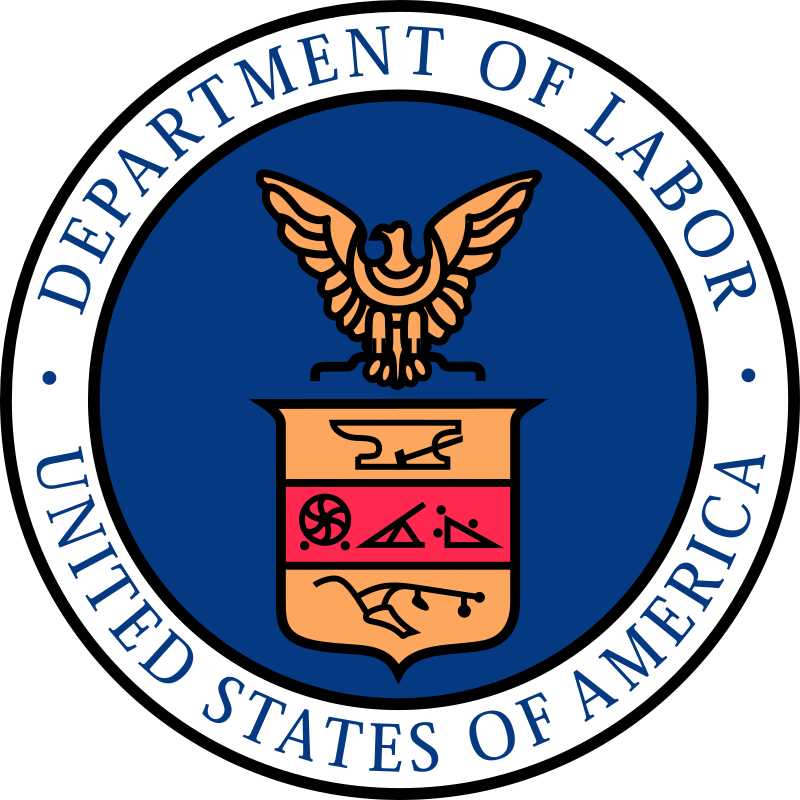 WASHINGTON — The U.S. Department of Labor has proposed a new rule surrounding federal contractors that would clarify the rights of religious organizations and businesses to make hiring decisions in accordance with their mission and faith.
WASHINGTON — The U.S. Department of Labor has proposed a new rule surrounding federal contractors that would clarify the rights of religious organizations and businesses to make hiring decisions in accordance with their mission and faith.
“Today’s proposed rule helps to ensure the civil rights of religious employers are protected,” Acting U.S. Secretary of Labor Patrick Pizzella said in a press release on Wednesday. “As people of faith with deeply held religious beliefs are making decisions on whether to participate in federal contracting, they deserve clear understanding of their obligations and protections under the law.”
Specifically, the rule will bring clarity to the existing Executive Order 1246, which prohibits federal contractors and subcontractors that hold contracts of more than $10,000 from discriminating against employees on the basis of race, religion, sex or national origin. In 2014, under the Obama administration, the terms “sexual orientation” and “gender identity” were added to the protected classes.
The department points to positive Supreme Court rulings such as the Hobby Lobby case and the Masterpiece Cakeshop decision as reasons for the rule, as well as recent executive orders signed under the Trump administration that support religious liberty.
“[T]he proposed rule would clarify that religious organizations may make employment decisions consistent with their sincerely held religious tenets and beliefs without fear of sanction by the federal government,” the press release from the department reads.
The rule would mean that Christian organizations may not be penalized or rejected for a government contract for hiring only other Christians who share their faith and convictions. It would provide definitions, based on case law, to terms such as “exercise of religion, particular religion, religion, religious corporation, association, educational institution or society and sincere.”
“[T]his proposal is intended to make clear that the Executive Order 11246 religious exemption covers not just churches but employers that are organized for a religious purpose, hold themselves out to the public as carrying out a religious purpose, and engage in exercise of religion consistent with, and in furtherance of, a religious purpose,” a document explaining the proposed rule states.
“It is also intended to make clear that religious employers can condition employment on acceptance of or adherence to religious tenets without sanction by the federal government, provided that they do not discriminate based on other protected bases.”
Homosexual advocacy organizations have denounce the proposal as discriminatory as it would permit religious organizations and businesses to decline to hire homosexuals or transgenders because of their convictions. Some Christian nonprofits require employees to adhere to a lifestyle statement.
“This proposal is part and parcel of an ongoing and coordinated attack by this administration on LGBTQ people aimed at rolling back our rights under the false guise of religion,” Zeke Stokes, chief programs officer for GLAAD, told NBC News. “It’s really nothing more than a permission slip to discriminate.”
“The Department of Labor just proposed a rule that aims to let government contractors fire workers who are LGBTQ, or who are pregnant and unmarried, based on the employers’ religious views,” also remarked the American Civil Liberties Union (ACLU). “This is taxpayer-funded discrimination in the name of religion. Period. … [A]nd we will work to stop it.”
However, organizations such as Alliance Defending Freedom (ADF) applauded the development, stating that religious universities, charities and other faith-based entities have the right to establish their own internal policies based on their religious nature.
“All Americans have the freedom to operate according to their religious beliefs, and those freedoms don’t disappear when a university, charity, or international nongovernmental organization enters into a contract with the federal government,” Senior Counsel Gregory Baylor said in a statement.
“[E]liminating faith-based nonprofits means that fewer foster children will find a forever home, fewer impoverished citizens will benefit from shelter and job training, and fewer people will receive compassionate assistance. It also leaves overtaxed communities without the vital services they provide,” he explained. “Clarifying these freedoms would protect social service providers and everyone else who benefits from their work, so we commend the Department of Labor for this proposed rule.”
Become a Christian News Network Supporter...


